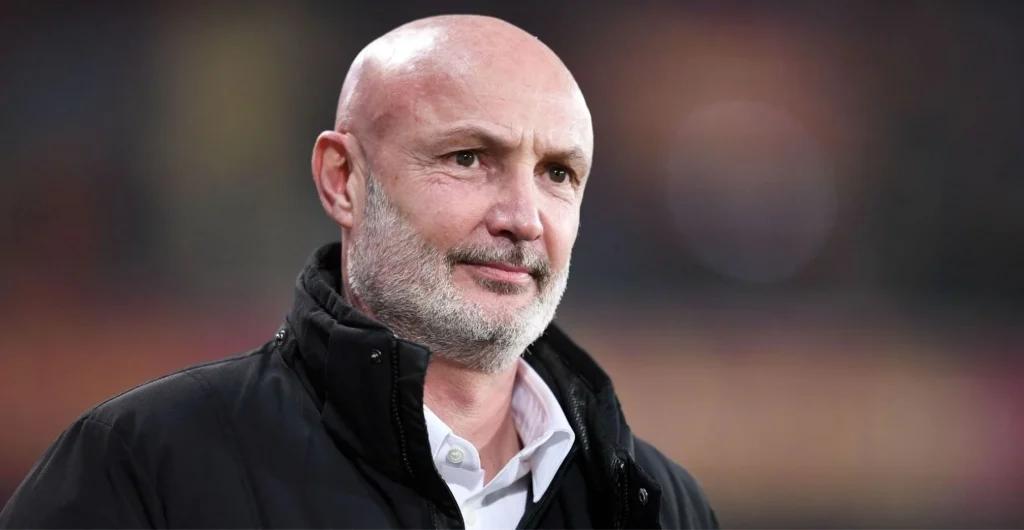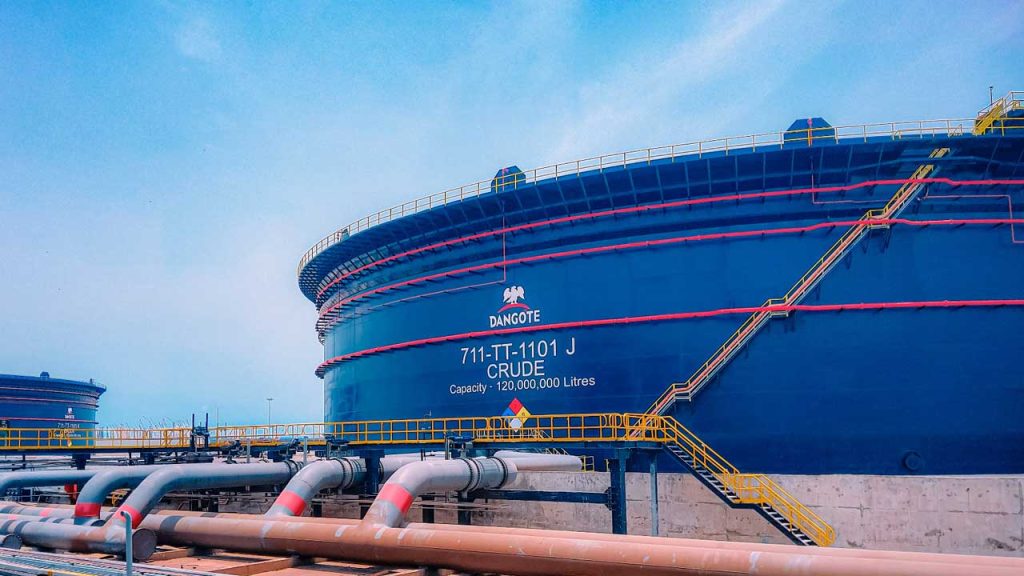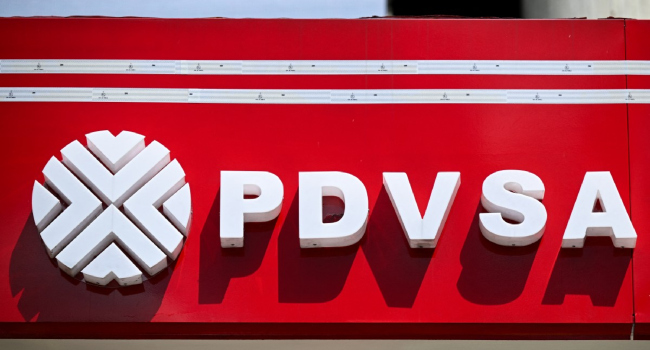Somalia is basking in the glow of a monumental achievement as the International Monetary Fund (IMF) and the World Bank bestowed the nation with a historic gesture of goodwill – $4.5 billion in debt forgiveness. This transformative decision comes on the heels of Somalia’s unwavering commitment to financial reforms under the Heavily Indebted Poor Countries Initiative (HIPC), marking a significant turning point for the East African country.
The comprehensive debt forgiveness, approved on a momentous Wednesday, epitomizes the culmination of Somalia’s dedicated efforts to attain debt sustainability, as espoused by the HIPC initiative. Launched in 1996 with the noble aim of aiding the world’s most impoverished nations in their quest for fiscal stability, the initiative stands as a beacon of hope for nations striving to break free from the shackles of financial burdens.
In a joint statement, the IMF and the World Bank lauded Somalia’s resilience, emphasizing that the debt relief would serve as a catalyst for empowering the nation with vital financial resources. The statement highlighted the profound impact of this decision, citing its pivotal role in fortifying Somalia’s economy, alleviating poverty, and fostering the creation of employment opportunities – a monumental boon for a country on the path to economic resurgence.
Following the attainment of the HIPC Completion Point, Somalia’s external debt has witnessed a staggering decline, plummeting from 64 percent of the GDP in 2018 to less than 6 percent by the end of 2023. This exceptional feat has elicited a resounding sense of pride and accomplishment within the Somali government, as articulated by Minister of Finance Bihi Egeh in an exclusive interview with VOA.
Egeh’s sentiments encapsulate the gravity of this historic moment, as he articulated the significance of Somalia’s attainment of the completion point, underscoring both the monumental achievement and the weighty responsibility it carries. He eloquently stressed the imperative for Somalia to bolster its self-sufficiency, sustaining the hard-earned gains of the reformation process while fortifying domestic revenue mobilization efforts.
Remarkably, Somalia joins the ranks of 36 other nations that have successfully traversed the arduous HIPC process since its inception. The debts that have now been forgiven stem from the tumultuous period of 1991, precipitated by the ousting of former President Mohamed Siad Barre, which ultimately precipitated the collapse of the state.
Kristina Svensson, the World Bank Country Manager, heralded this monumental decision as a pivotal turning point in Somalia’s journey toward economic rejuvenation. She underscored the profound impact of the debt relief, characterizing it as a significant opportunity for Somalia to chart a new trajectory in bolstering its economy while sending a powerful signal to potential investors and the private sector.
In a strategic move to supercharge the nation’s fiscal outlook, the Somali Cabinet has greenlit a budget exceeding $1 billion for the upcoming year, a substantial portion of which is anticipated to emanate from external support. However, it remains imperative for the Somali government to bolster its revenue collection efforts, especially considering the current reliance on revenue from Mogadishu’s seaport and airport.
Svensson underscored the paramount importance of fortifying domestic revenue streams, cautioning against the temptation to embark on new loan acquisitions immediately post-debt forgiveness. Drawing a poignant analogy, she likened the situation to that of discarding a significant credit card debt, emphasizing the necessity of bolstering income levels before entertaining the prospect of new debts.
Egeh echoed the sentiment, affirming the government’s unwavering resolve to augment domestic revenues from the current $345 million annual tally. He unequivocally stated their commitment to eschewing new loans, underscoring their zealous pursuit of self-sufficiency while striving to meet domestic operational needs and spur developmental endeavors in the near future.
However, Svensson also emphasized the imperative for sustained reforms, particularly in the realm of harmonizing customs tariffs and their implementation across key ports. Highlighting the political challenges that have impeded the realization of this pivotal reform, she underscored the pressing need for an intergovernmental agreement on customs, a crucial step in the trajectory of Somalia’s economic resurgence.
Significantly, Somalia’s recent induction into the regional East African Community economic bloc has injected fresh impetus into this reform, aligning with the EAC’s overarching objective to harmonize customs regimes across member states. This momentous development stands to be a catalyst for Somalia’s continued economic renaissance, underscoring the nation’s unwavering commitment to effecting transformative changes that reverberate beyond its borders.
The pivotal decision to absolve Somalia of its colossal debt burden not only heralds a new dawn for the nation but also sends a powerful message to the global community. It serves as a testament to Somalia’s resilience, embodying the nation’s enduring spirit in weathering monumental challenges and heralding a future filled with promise, hope, and economic revitalization.
In the grand tapestry of history, this landmark decision transcends boundaries, showcasing the power of global solidarity and the profound impact of international cooperation in ushering forth positive change. Somalia’s voyage toward economic resurgence serves as a powerful testament to the indefatigable human spirit, underlining the unwavering hope that permeates the fabric of our shared humanity.
By championing economic rejuvenation in one of the world’s most challenging environments, Somalia demonstrates the profound resilience and determination that define the human experience, resonating with individuals from all walks of life. This historic moment is not just Somalia’s triumph – it is a triumph for the collective human spirit, a beacon of hope illuminating the path toward a brighter, more equitable future for all.



